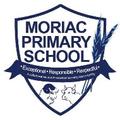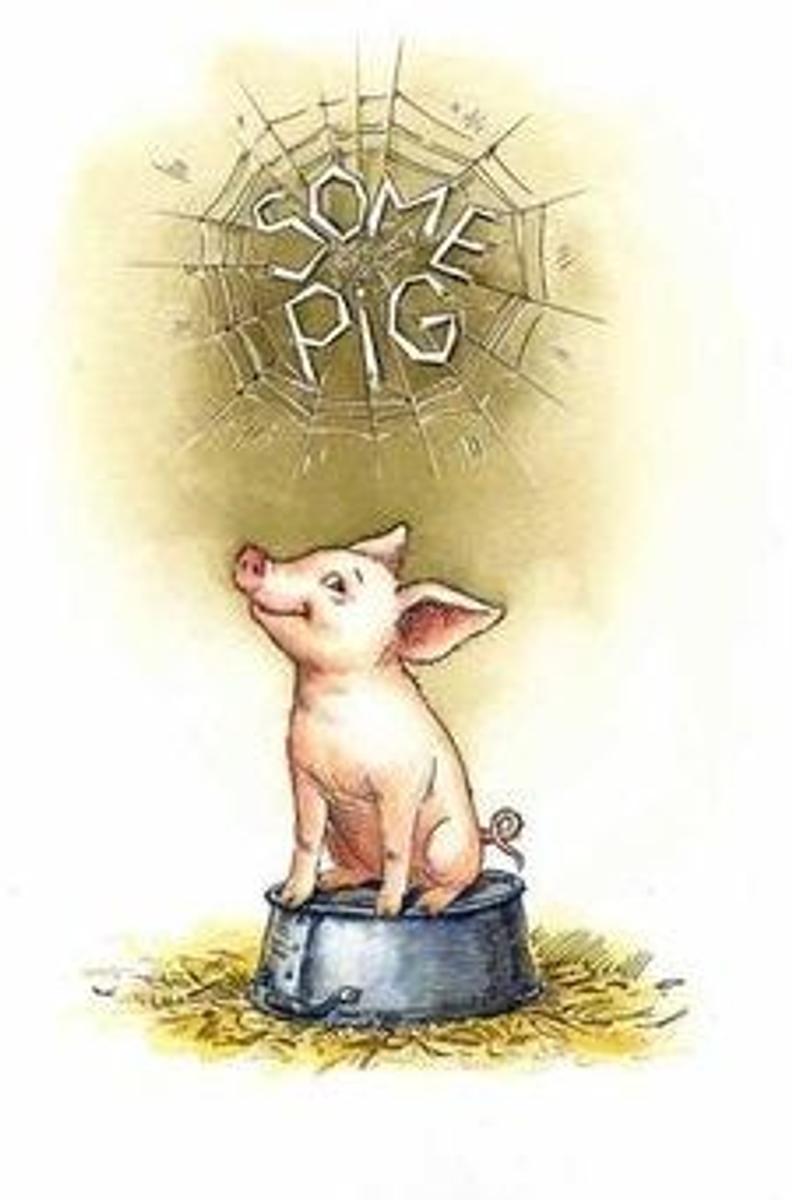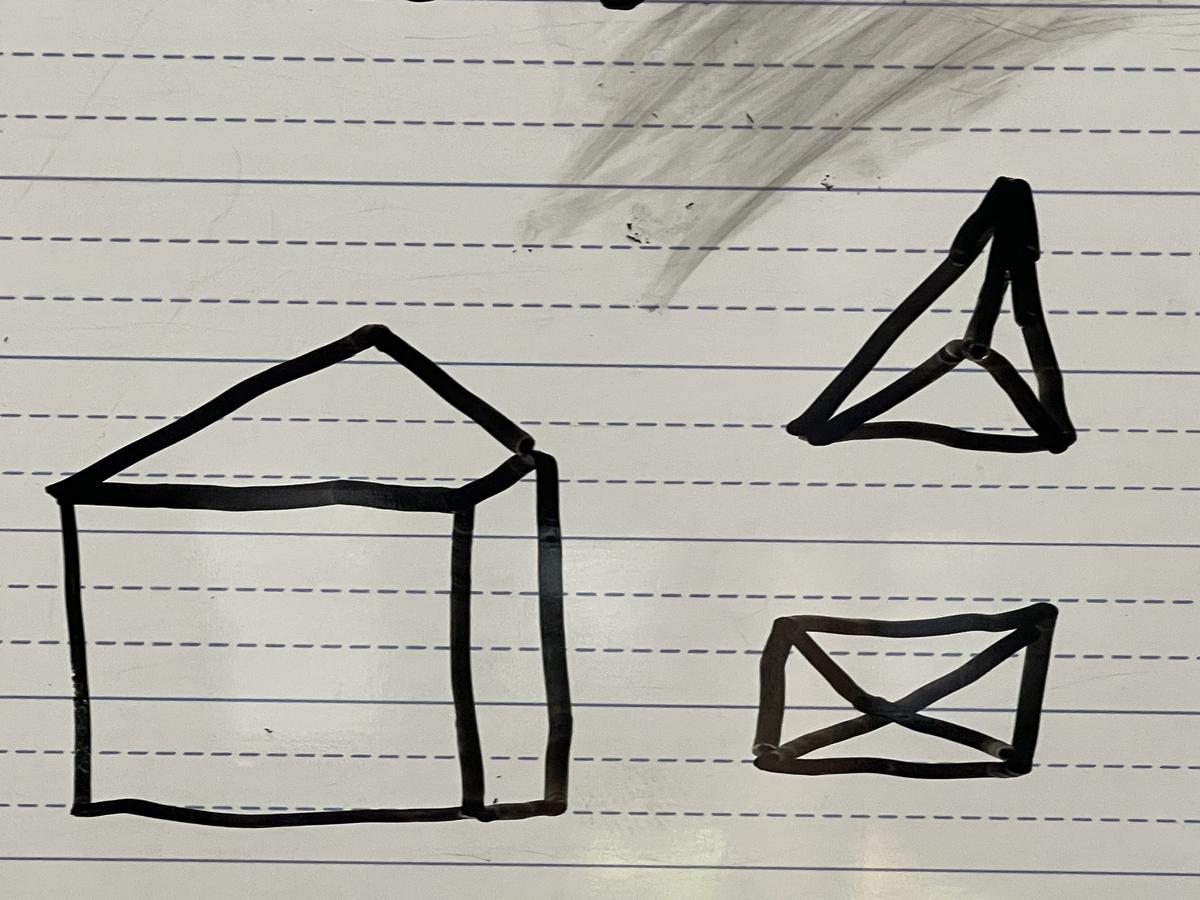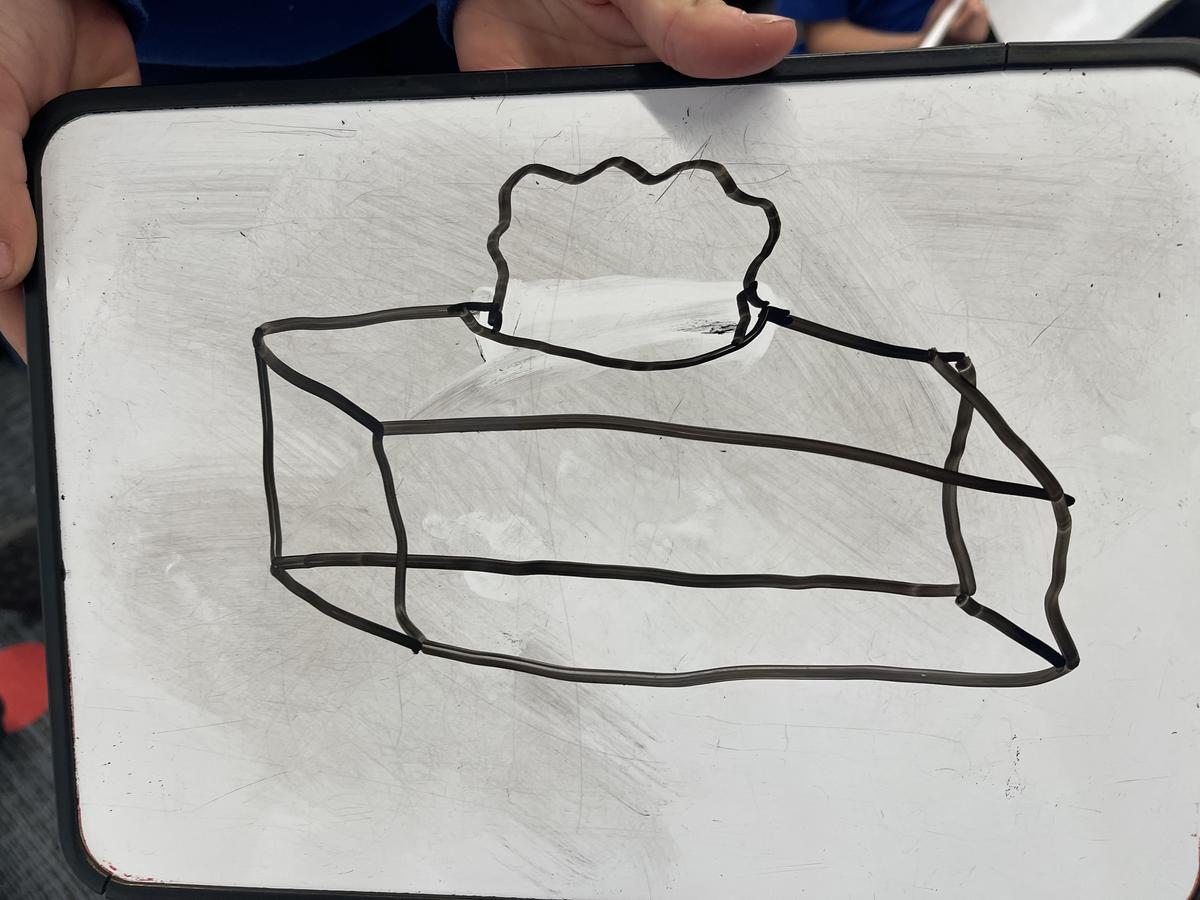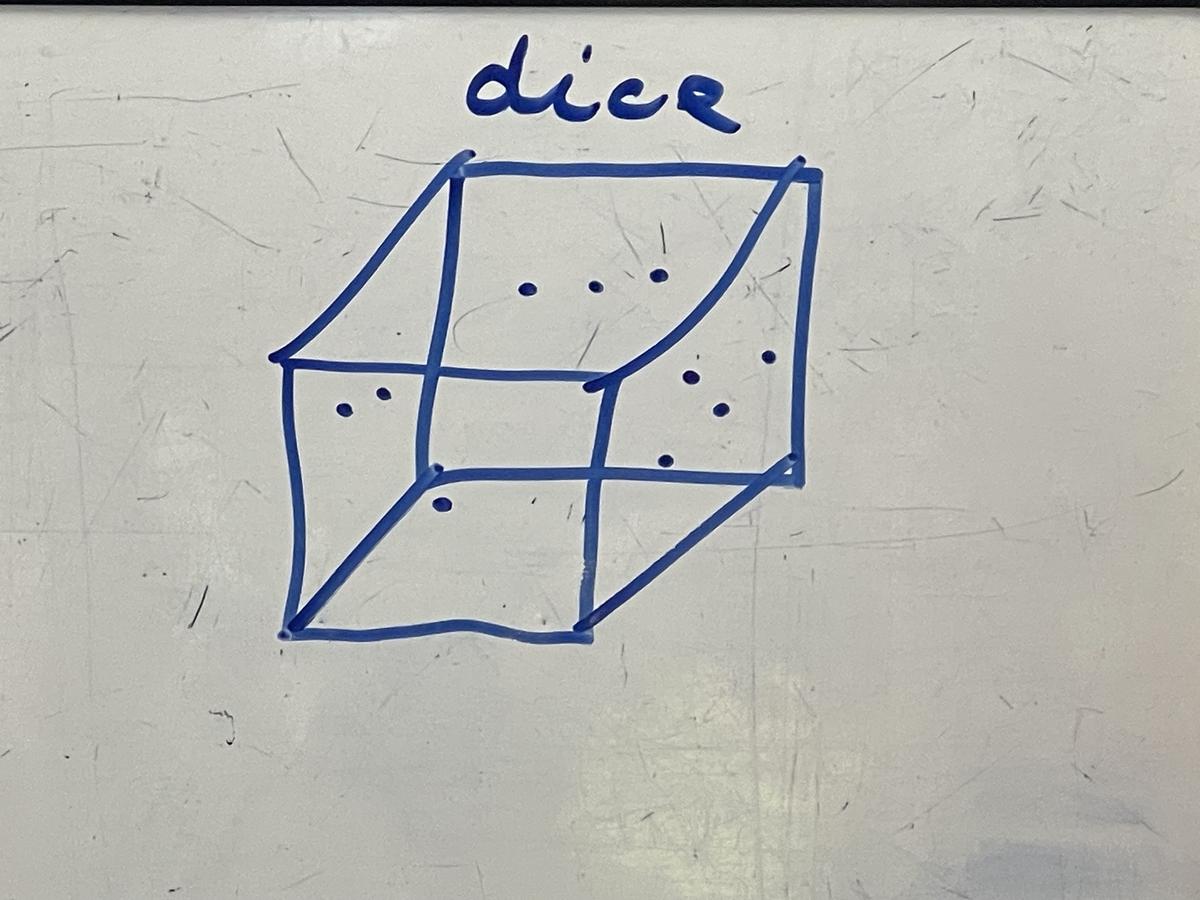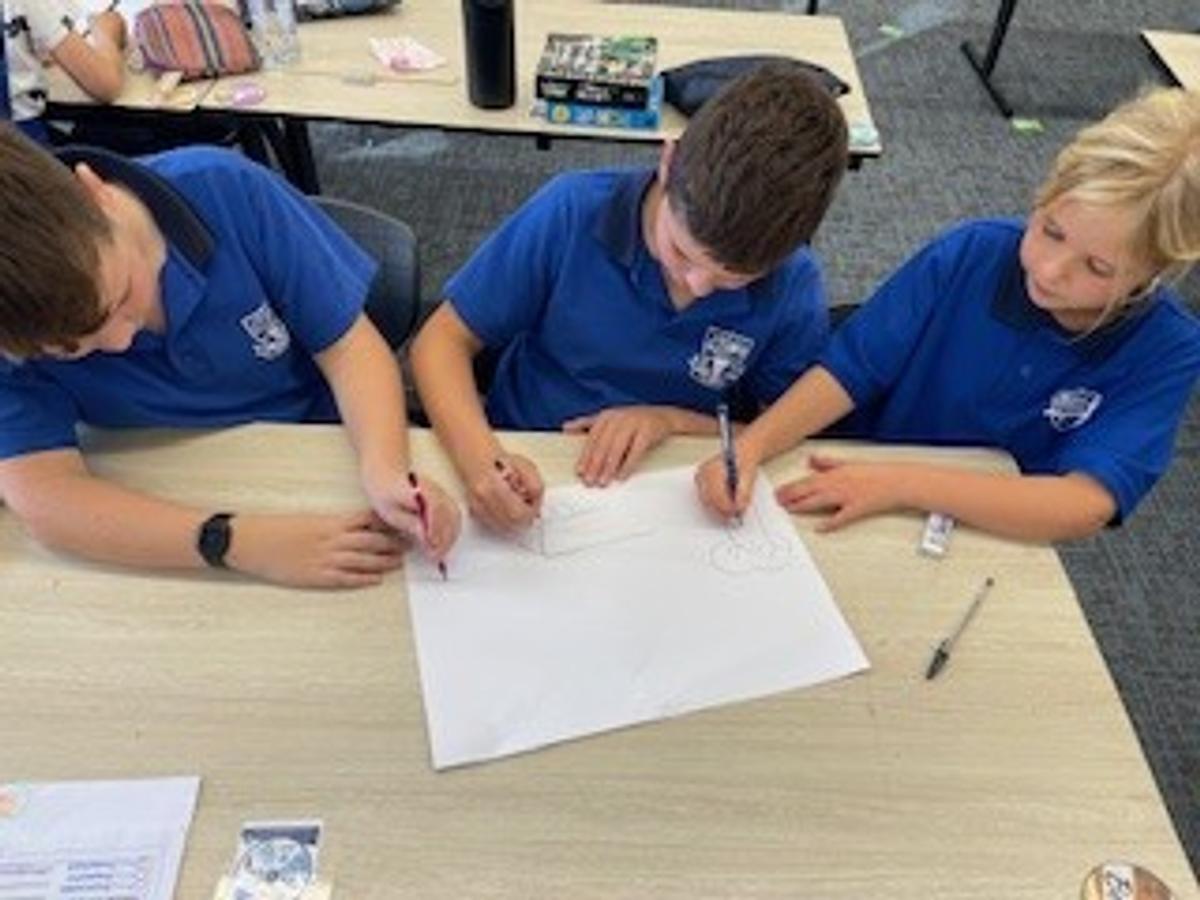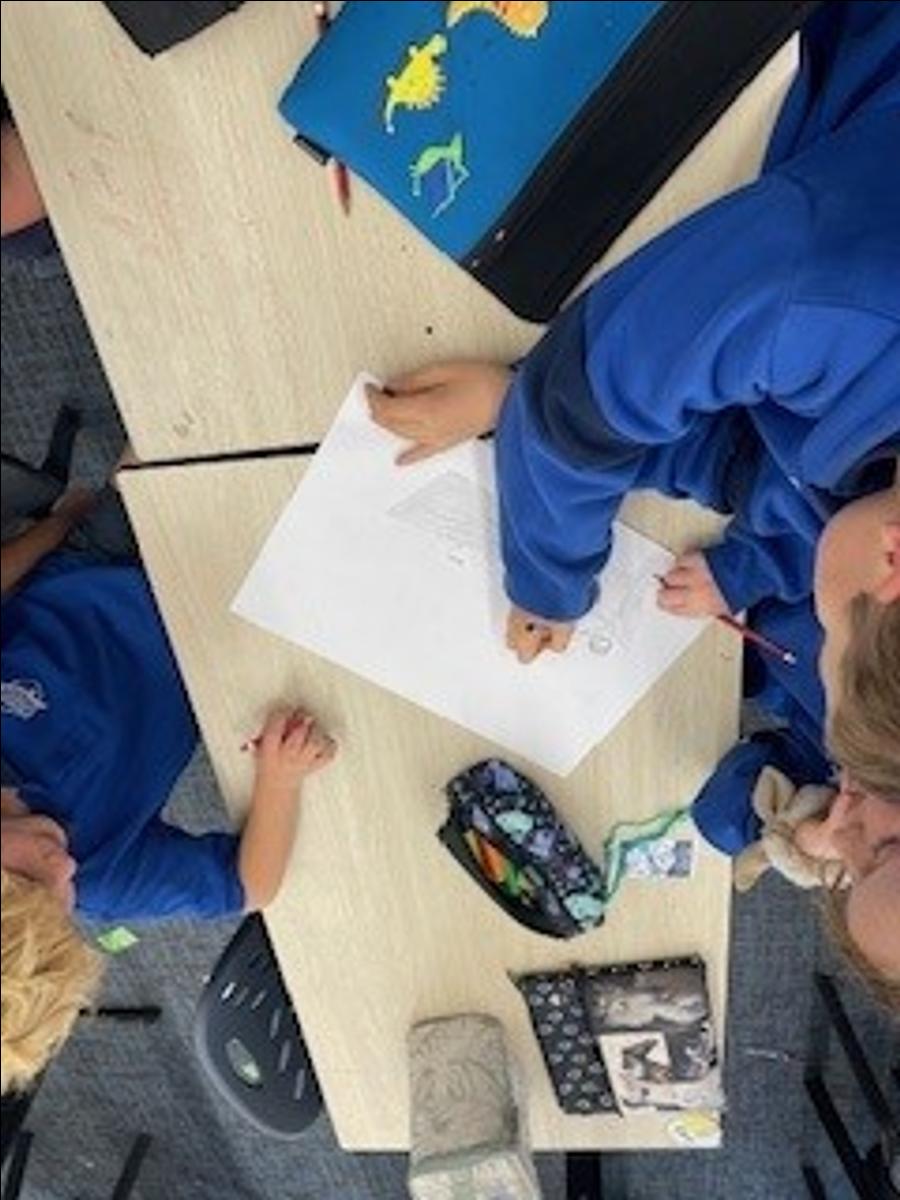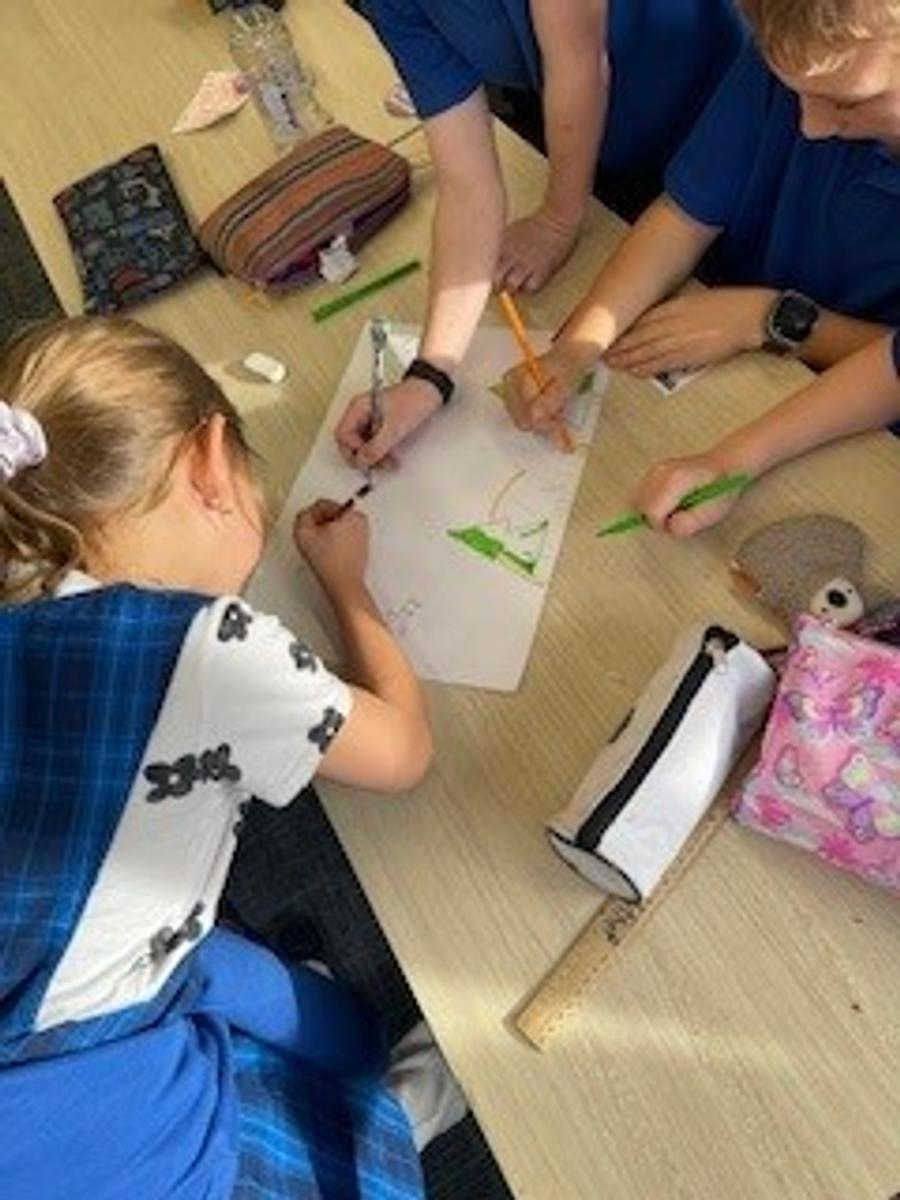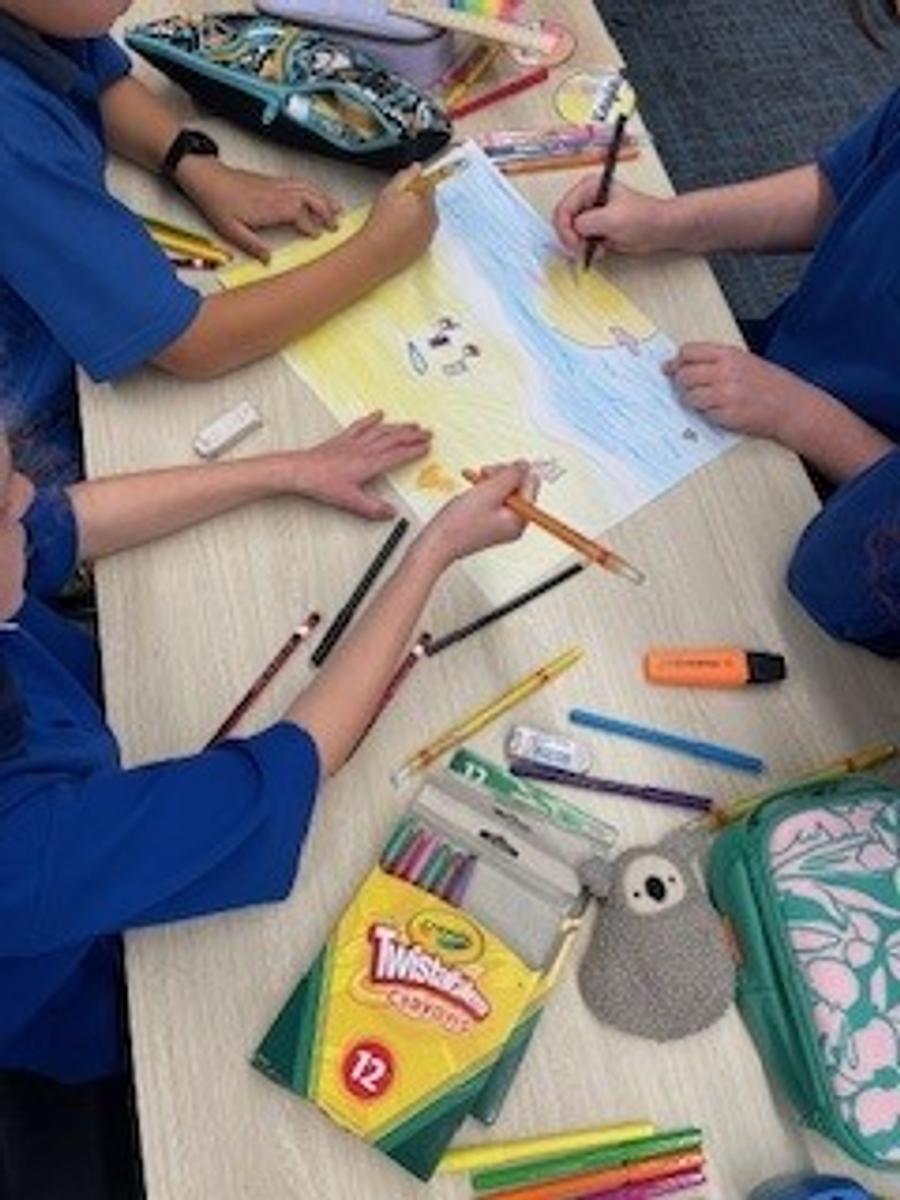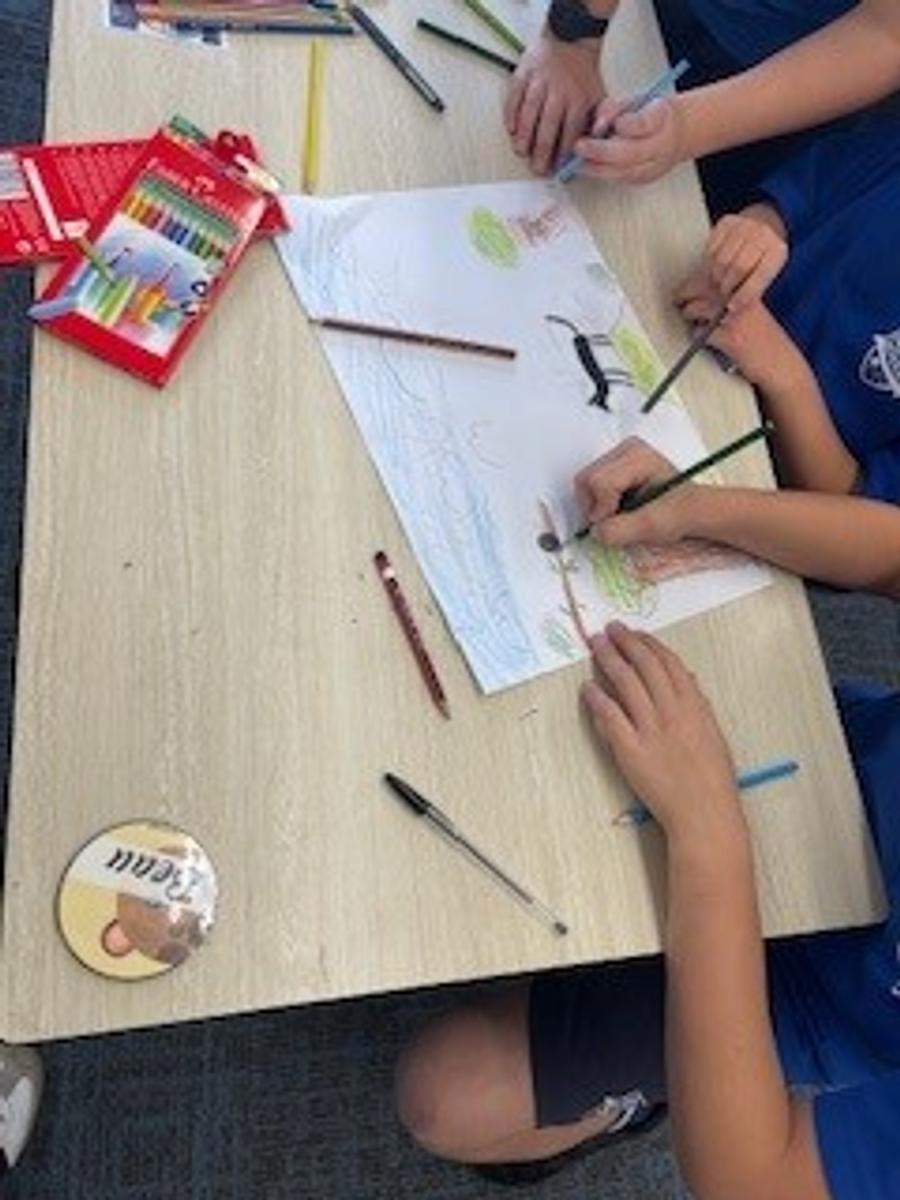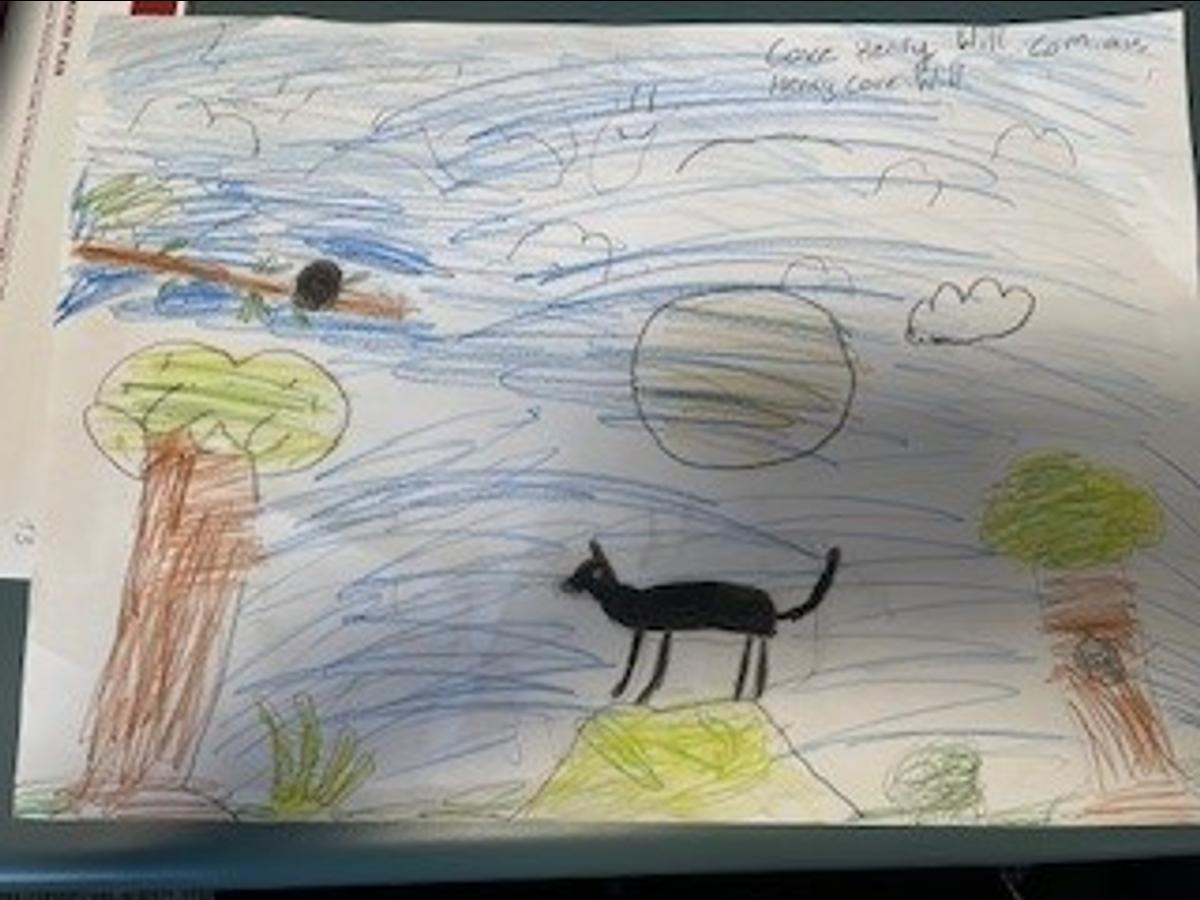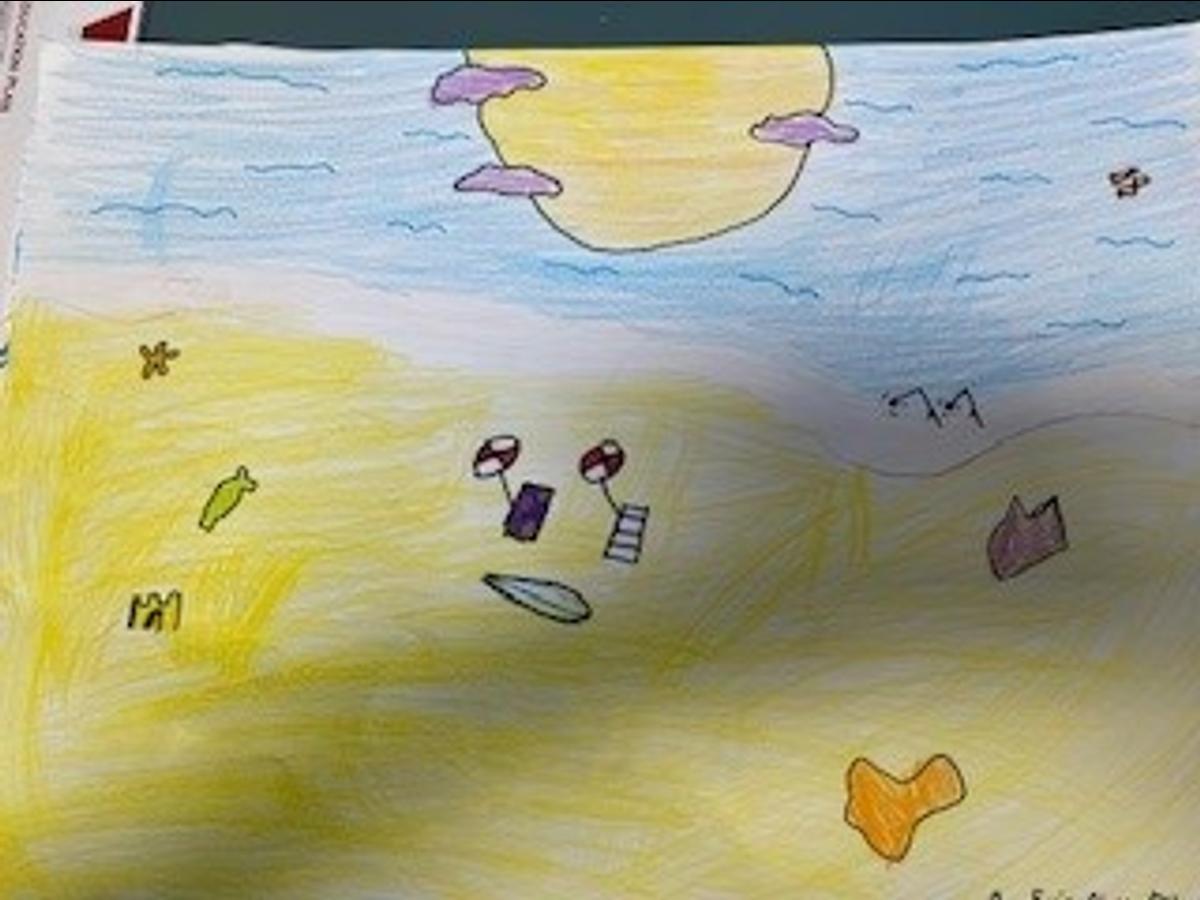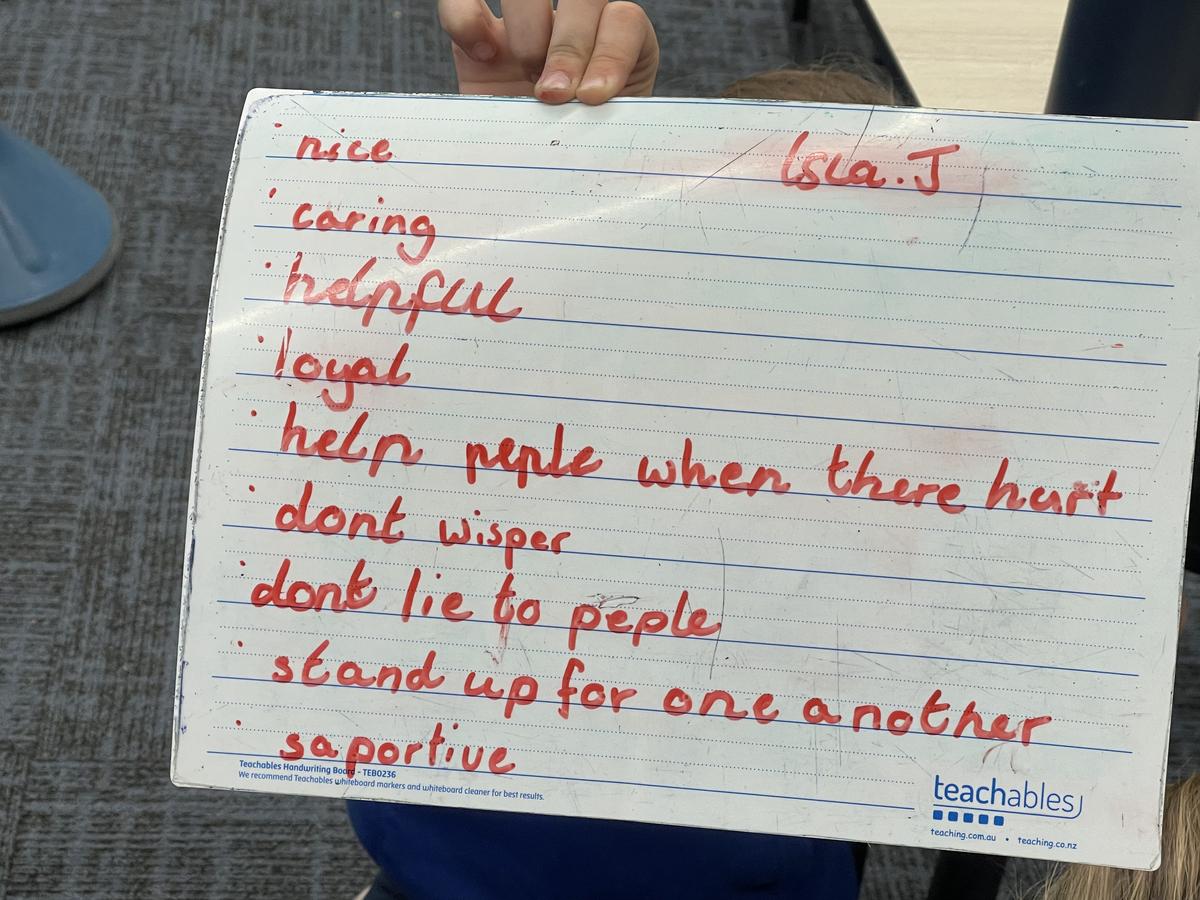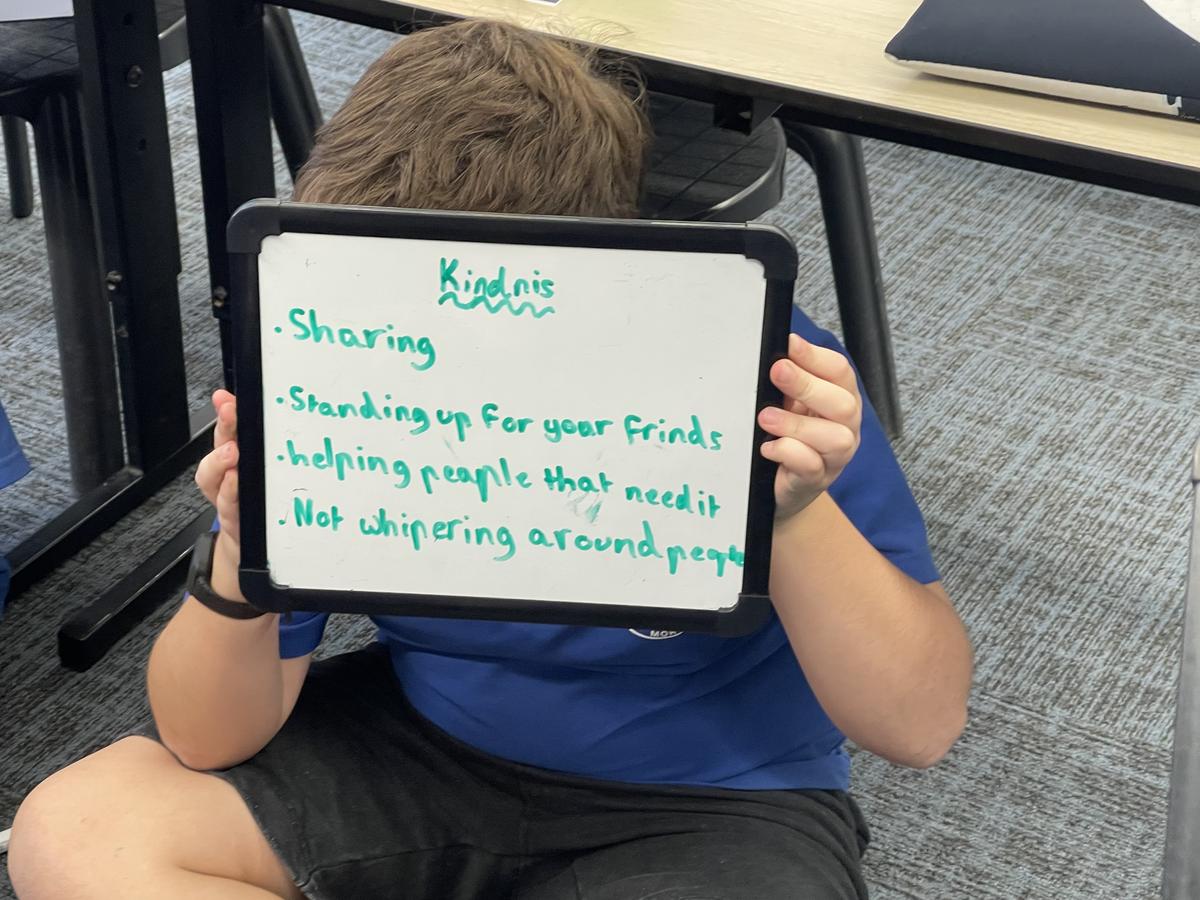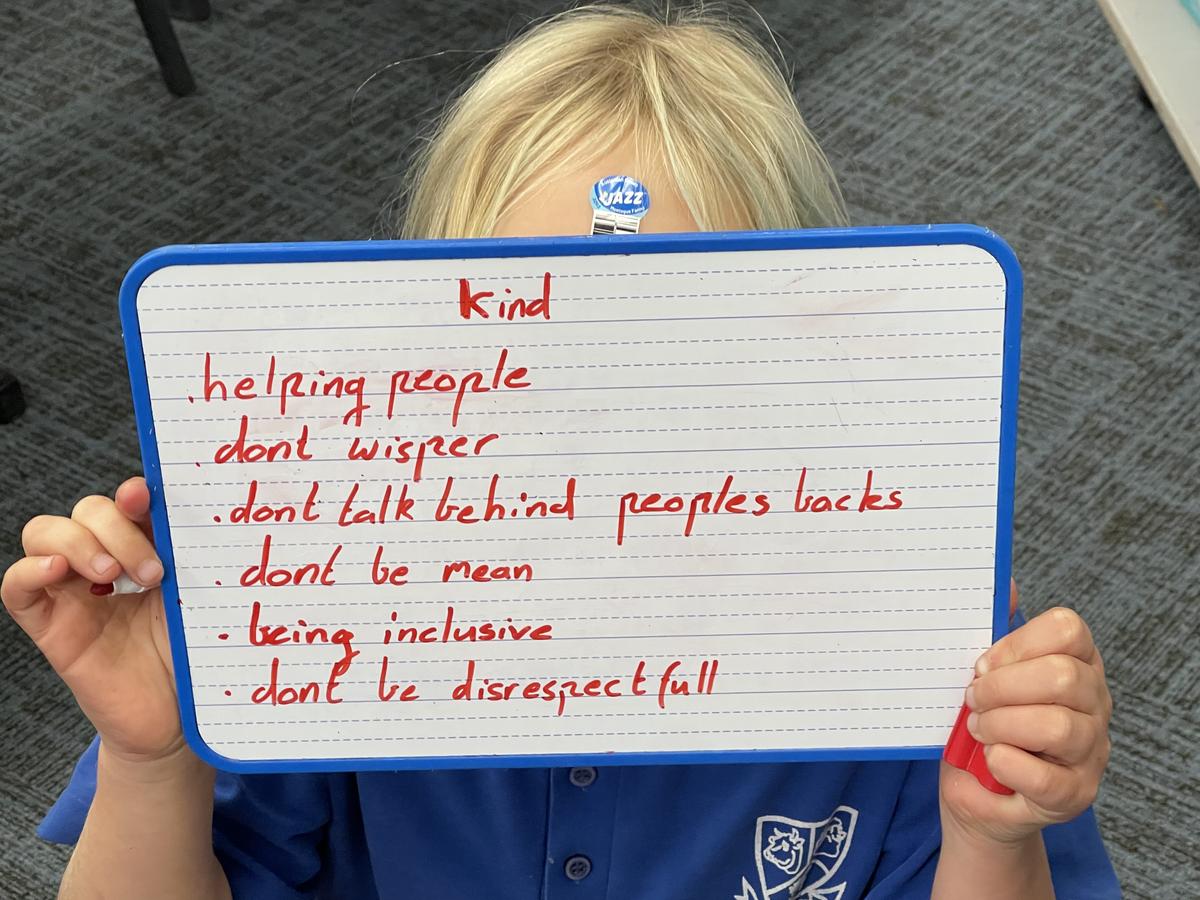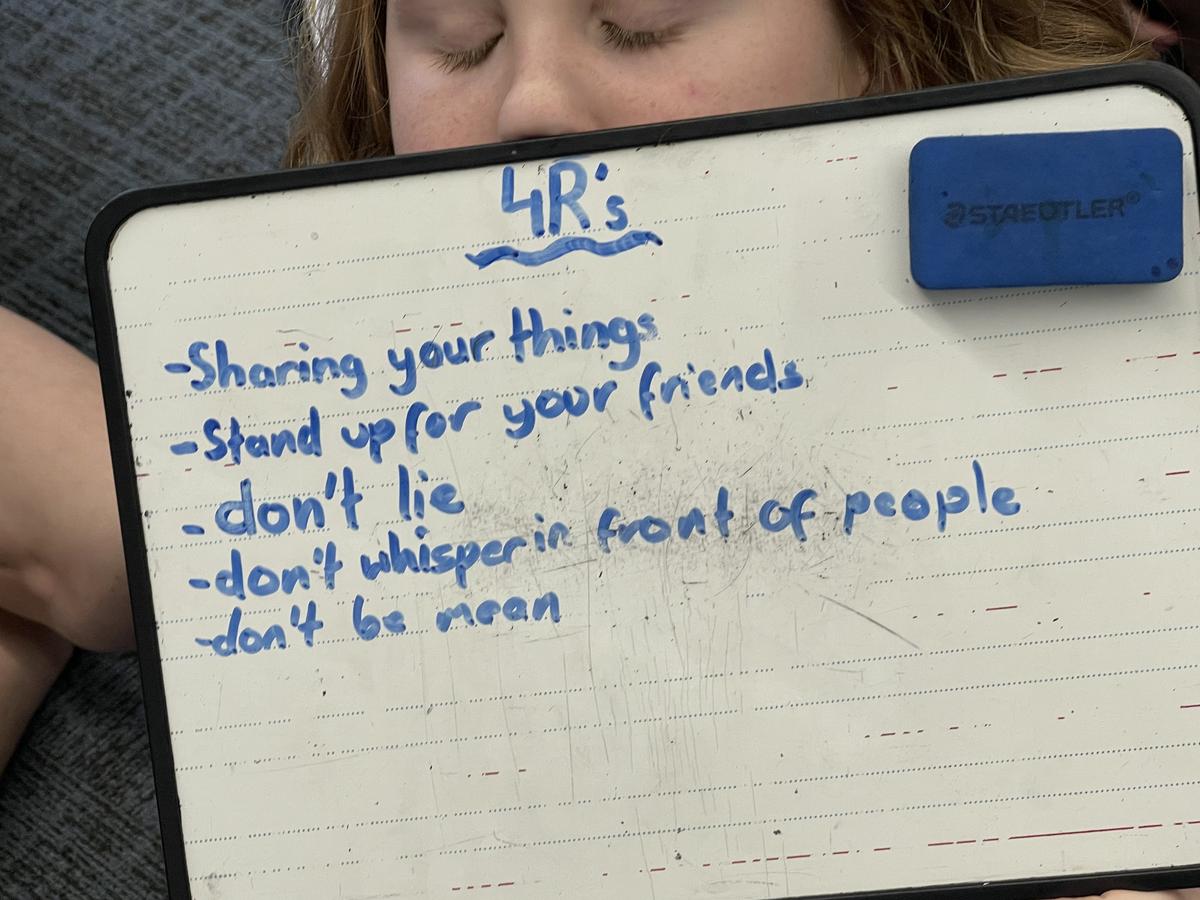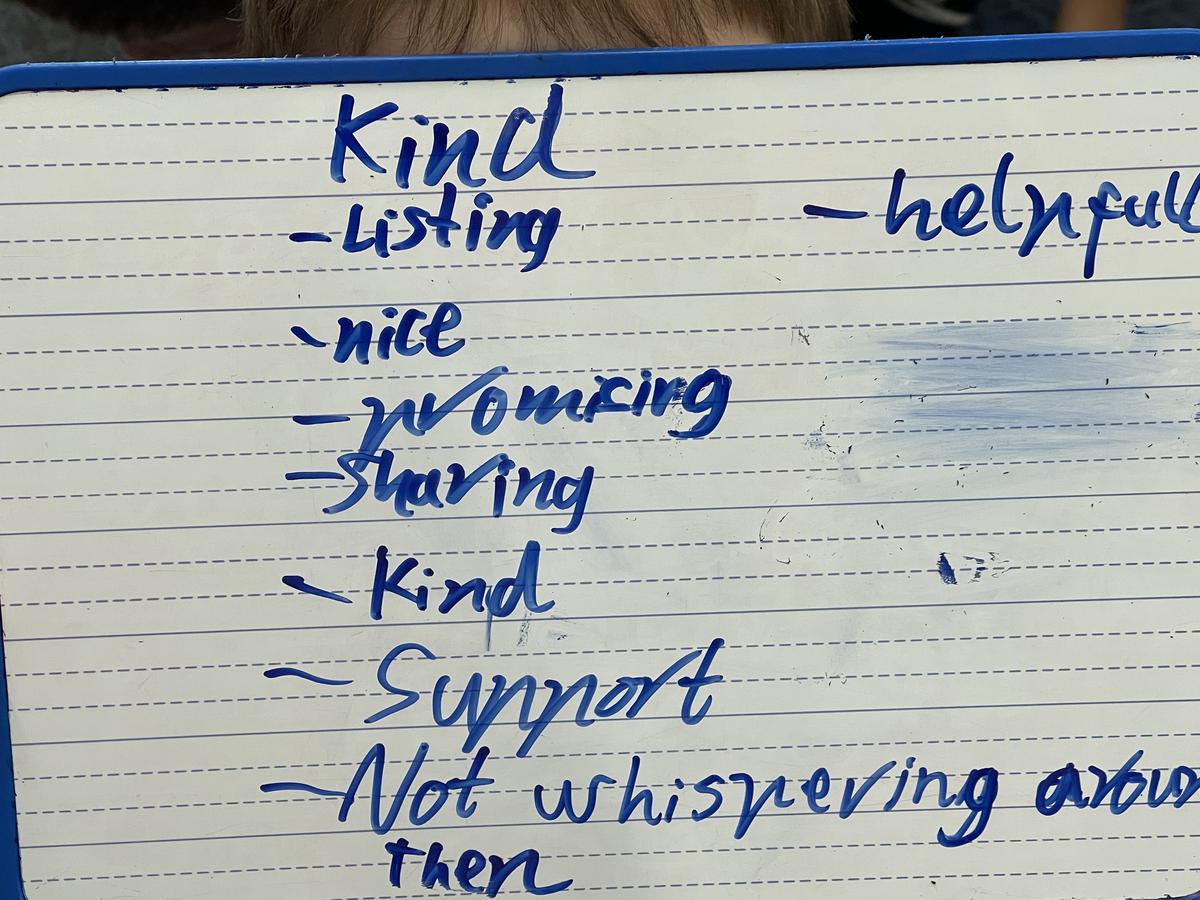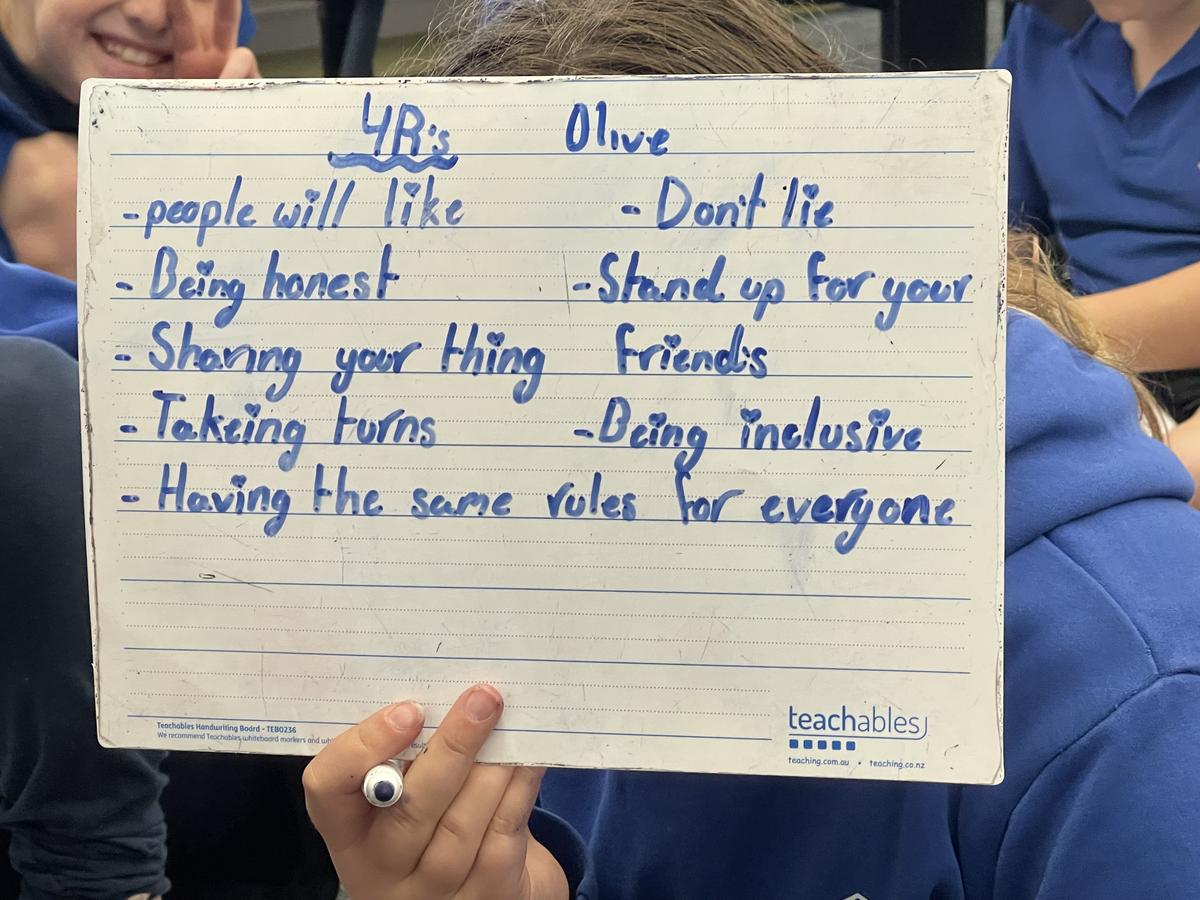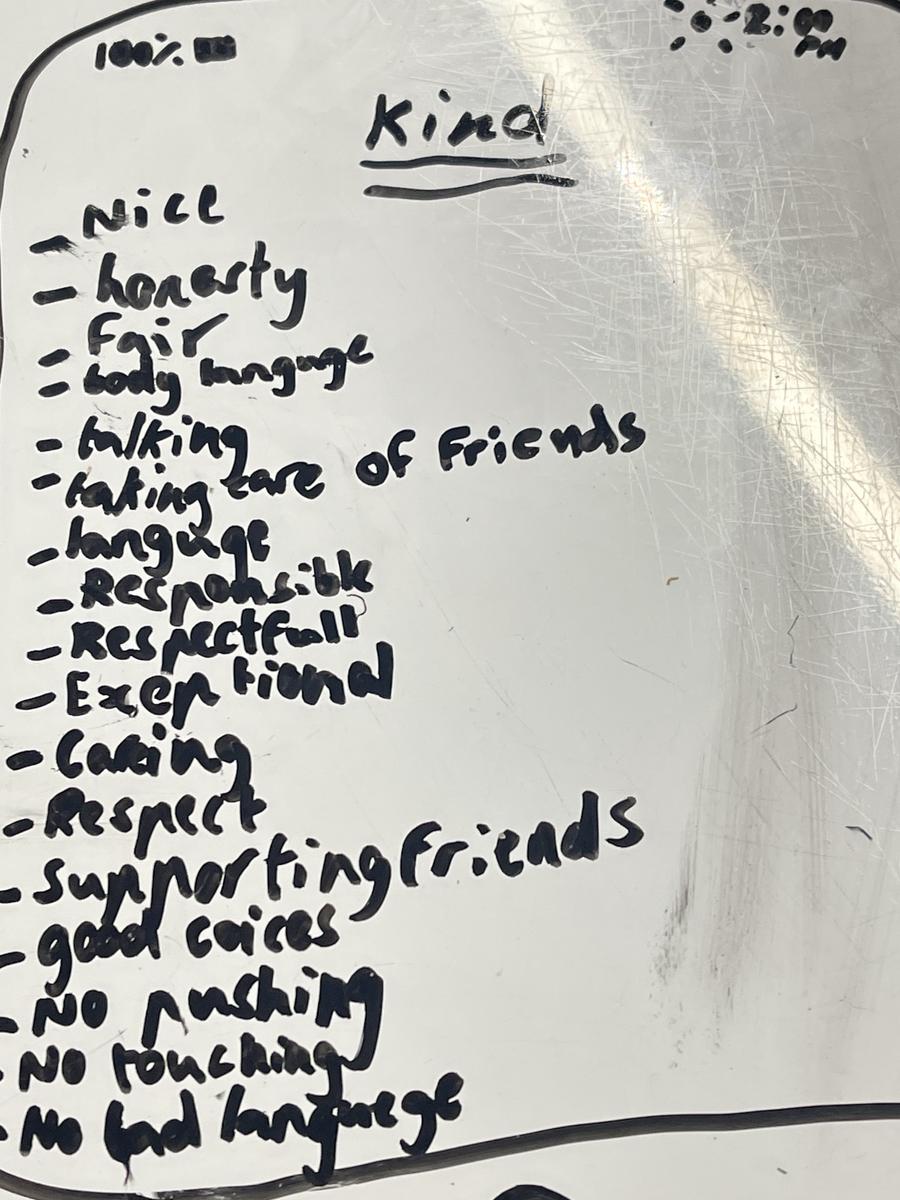Year 3/4

Literacy
Students have been continuing with their Author Study of Charlotte's Web, practising their comprehension strategies through a variety of activities. We have been learning about the comprehension strategy of synthesising where we use a variety of resources to research information about one topic.
In writing, students have been working on planning, drafting, and publishing their very own information texts. They are creating mini-books on topics they’ve chosen linking into Charlotte's Web, which they will share with the Grade 1/2 students. They’ve developed research questions, organized their information under headings and subheadings, and written paragraphs based on their research. Throughout this process, students are focusing on clear and simple language, logical organization, paraphrasing and summarizing information to make their mini-books engaging and understandable for the younger students.
As part of our weekly Literacy students also learn a new sound which can be represented by more than one spelling (spelled in more than one way). One of our focuses has been reviewing all the different ways to spell the sound /air/.
These are: <air> <are> <ear> <ere> <eir> <ayer> <ayor>
And the /ue/ sound
These are: <ue> <ew> <u> <u_e>
Students also work on their reading fluency and writing dictations. Dictations help improve listening and auditory memory by requiring students to accurately transcribe spoken words. This process also reinforces spelling, grammar, and punctuation, as students must recall and apply language rules. With our fluency readings, students have been demonstrating their increased confidence by completing a partner read and a performance read by reading in front of the class.
Maths
Students have completed our unit on addition and subtraction, during which we reviewed strategies such as the jump strategy, partitioning and algorithms to assess their understanding. They are now learning various multiplication and division strategies, including mental methods and the use of arrays and number lines. Additionally, we are focusing on times tables to strengthen their recall and fluency. These foundational skills are essential as they form the basis for more complex mathematical concepts. Students have been learning about the geometrical properties of 2D shapes and 3D objects, creating composite shapes and drawing and creating 3D objects to look like real life items.
Humanities
Students have been exploring the concept of community by identifying various groups they belong to, such as school, sports clubs, family, and cultural groups. They discussed the reasons these communities are meaningful, emphasizing aspects like helping others, improving the community, and enjoying shared interests. Students identified the communities they are a part of and role played the different issues found in the community and ways of solving these issues.
In our recent civics lessons, students have been learning about the three levels of government in Australia—federal, state, and local—and their roles in decision-making and service provision. They also engaged in a mock election, to grasp the importance of voting and democratic decision-making at the local level. These activities helped students understand how Australia's government operates at all levels and the significance of active citizenship.
The Moriac Way
Students were required to work together collaboratively on one drawing. In small groups, students were to draw their picture like it had been drawn by one person and not a small group. When asked ‘what went well’ in their groups, the feedback was:
“We planned what we were going to draw first”
“We worked together”
“We all had different ideas at first but then we decided to do one idea that everyone liked”
“We decided on something that we could all draw that wasn’t too hard for anyone”
“We made decisions together as a group
The Moriac Way
Students have been explaining what it means to be kind and what it means to be fair.
We discussed that our words and actions can have lasting effects on the people we speak to. Saying sorry and being kind to people after being unkind, does not always fix the problem, and sometimes that person might need space from us. Playing fairly and being kind is something we should always be aiming to do at recess and lunch.
Students demonstrated their knowledge of being kind and fair.
Have a great weekend - The year 3/4 team
Mrs Craig, Mrs T, Ms Coppe & Mrs Edwards
